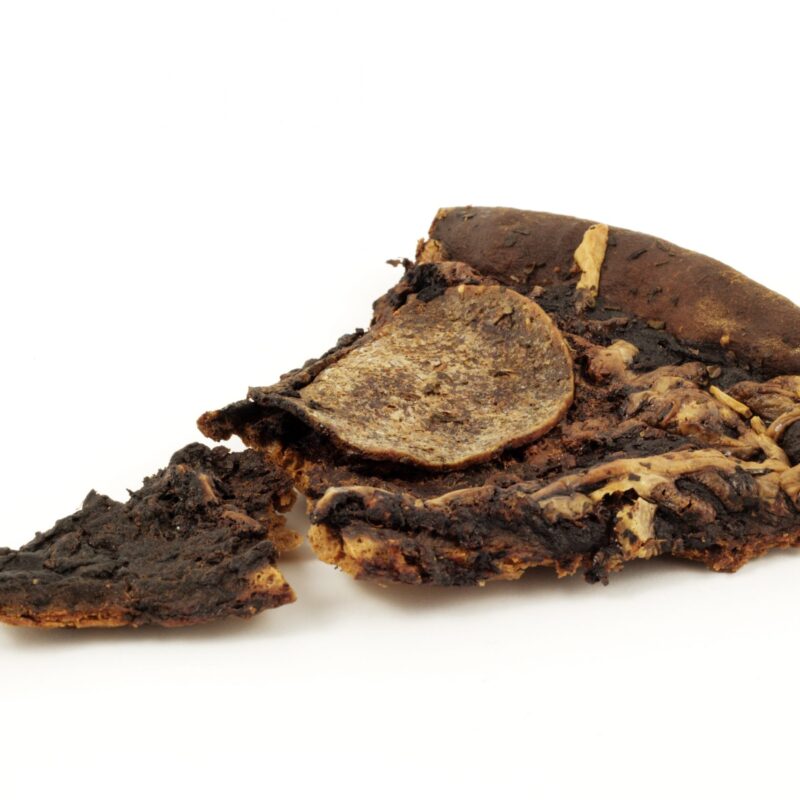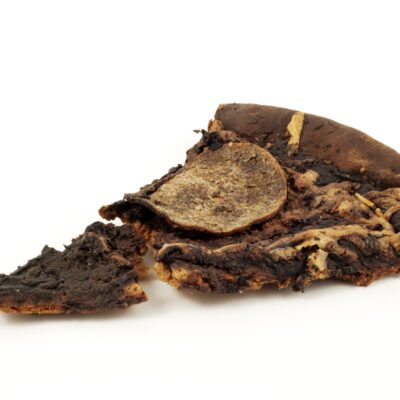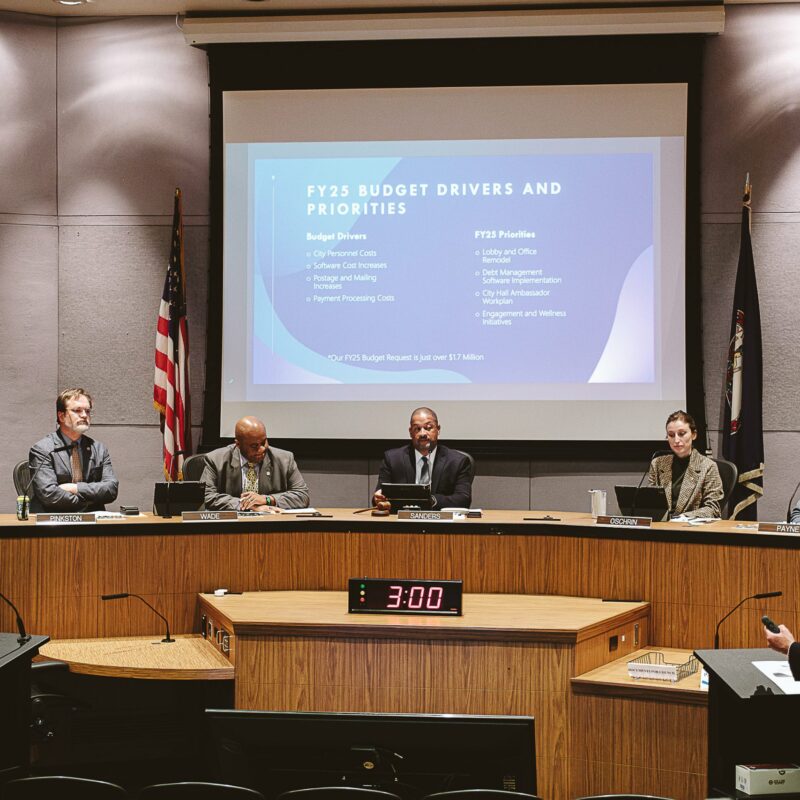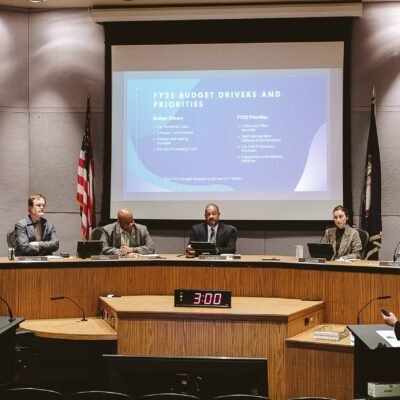|
SEE MORE Click here to read about Alois Alzheimer, a German psychiatrist and neuropathologist who, for the first time, identified a case of the disease. Click here for a tour of the brain.
|
Steven DeKosky doesn’t always sport black Ray-Bans in the halls of the UVA Medical Center, but his full get-up on the cover of GQ Magazine—standing right next to Will.i.am of the Black Eyed Peas—is oh so rocking.
In fact, in 2009, DeKosky, vice president and dean of the Medical School of the University, was named one of the Rock Stars of Science by the magazine for his commitment to save lives. DeKosky, 63, is the nation’s go-to Alzheimer’s researcher. He has spent his career trying to find a way to detect the disease early.
In the clinical research realm, DeKosky is better known for the development of Pittsburgh Compound—a kind of a tracer of amyloid in the brains of living people that’s used in investigational studies of Alzheimer’s. “This was really a breakthrough,” he says.
|
Steven DeKosky became Dean of UVA’s Medical School in 2008. “Someone has to make decisions about what to do with multiple different possibilities of places to go, different sorts of research to do and different ways to go in terms of education and ultimately the dean is responsible for deciding the course and that’s an exhilarating part of the job,” he says. |
Although the technology was invented by two of DeKosky’s colleagues in Pittsburgh, he has been responsible for directing the research studies that confirmed that this technology is a viable approach for detecting the disease.
“Now it’s in use in 50 places around the world experimentally and it probably will be a standard for treatment we think within three to five years depending on when the FDA decides that they can approve it,” he says. “I think it’ll be a way for people to make the diagnosis, but also it was developed to try and speed up drug development.”
The biggest aspect DeKosky says he has focused on is prevention. In fact, he led a groundbreaking, nine-year study on the ability of Ginkgo biloba to prevent or delay dementia. “Unfortunately it didn’t, but it was the first study that was completed with a population who was recruited around the country,” he says.
DeKosky has chaired the American Scientific Advisory Council both for the United States’ Alzheimer’s Association and the Medical Scientific Advisory Panel for Alzheimer’s Disease International, and has received numerous awards for his research.
“We have treated thousands of people who were over the age of 75 when we recruited them into the Ginkgo [biloba] trial, people who we followed for an average of six years, their rallying cry was, ‘We are doing this for our grandchildren. Whether or not this particular drug as well as this design, this way to do a study is going to be something positive, by the time our grandchildren come to risk, we would have helped paved the way.’ You can’t help loving people who have that attitude,” he says.
At the end of the day, DeKosky seems pretty pleased with the results of this lifetime work.
“I would do it again in a minute,” he says. “I would not change what I am doing. I am kind of astonished that I have done this wonderfully well.”






